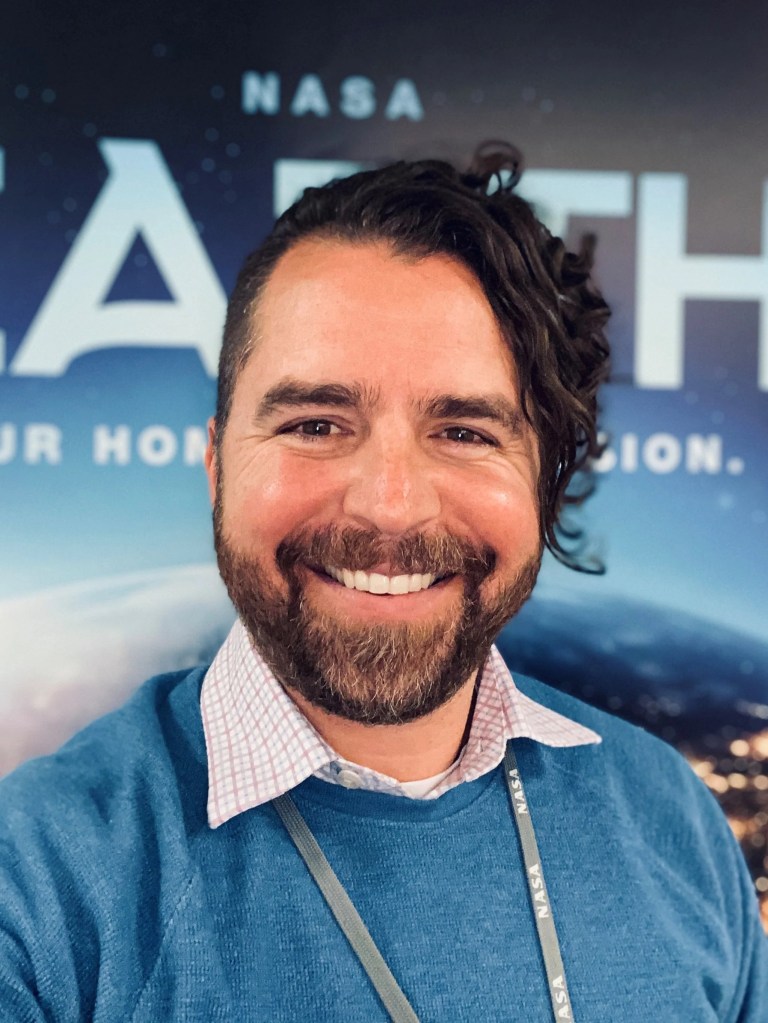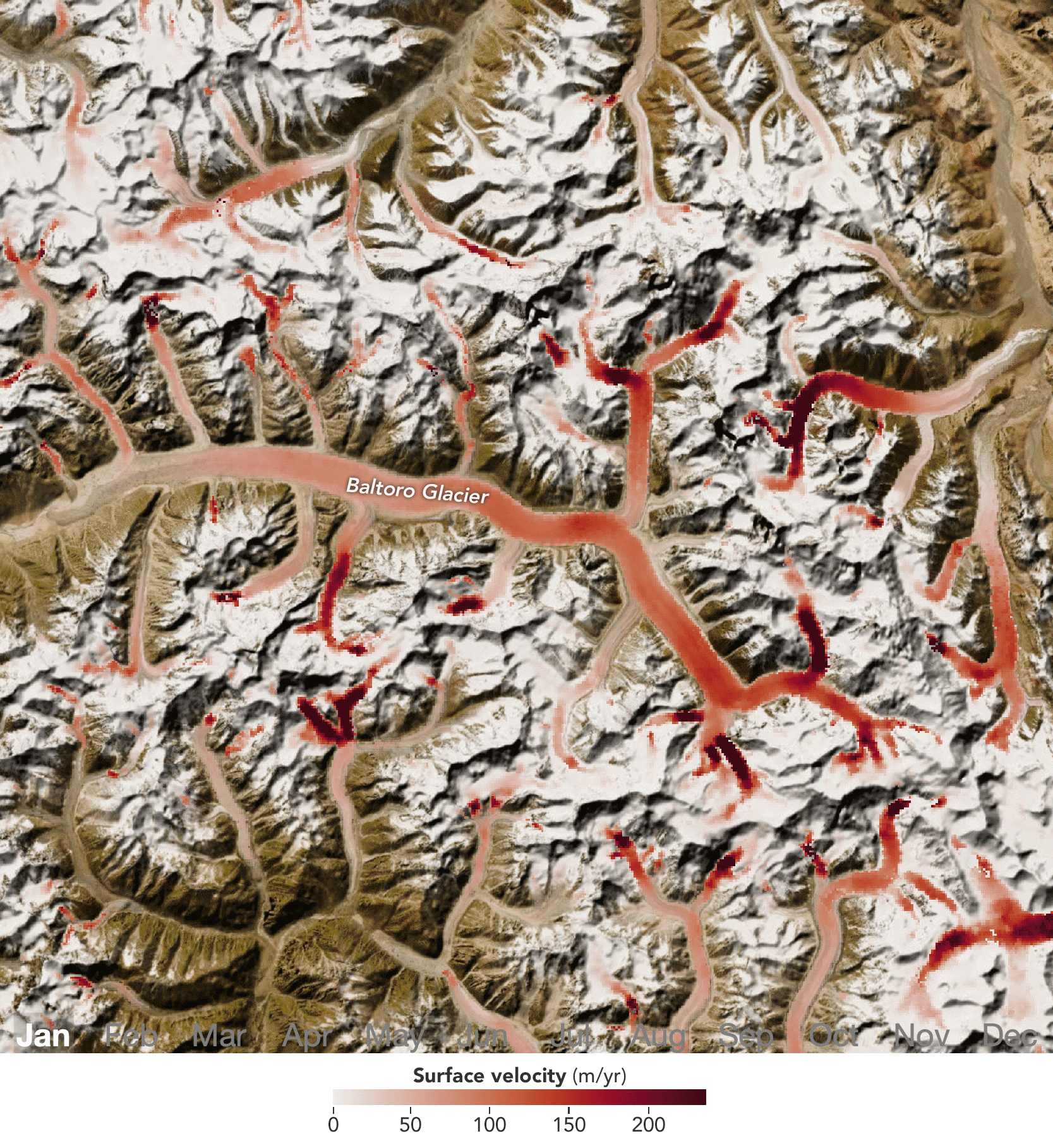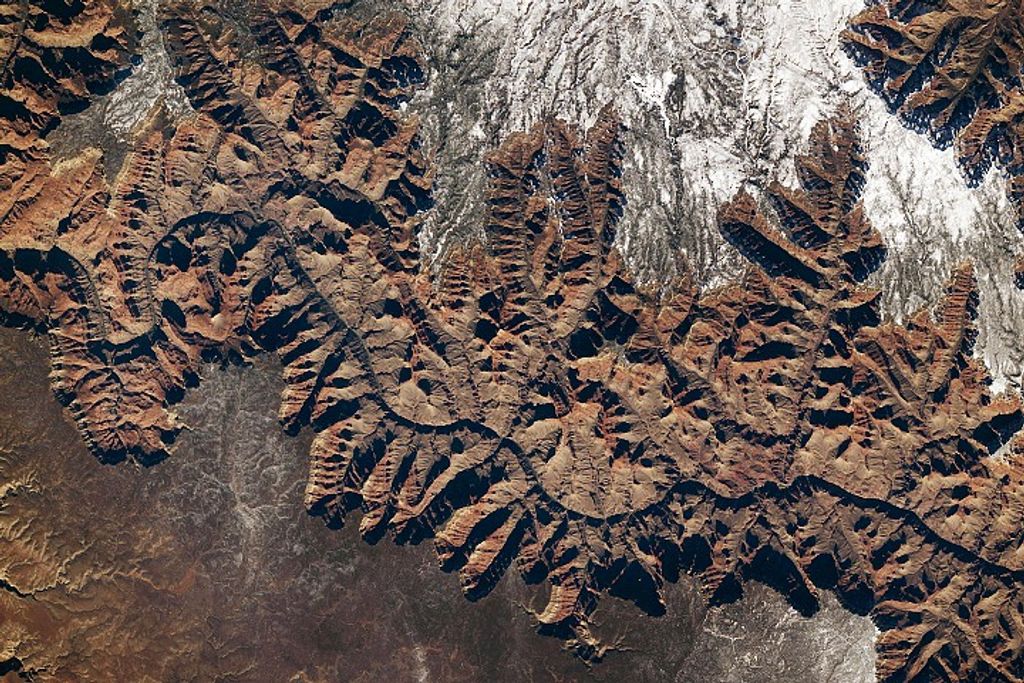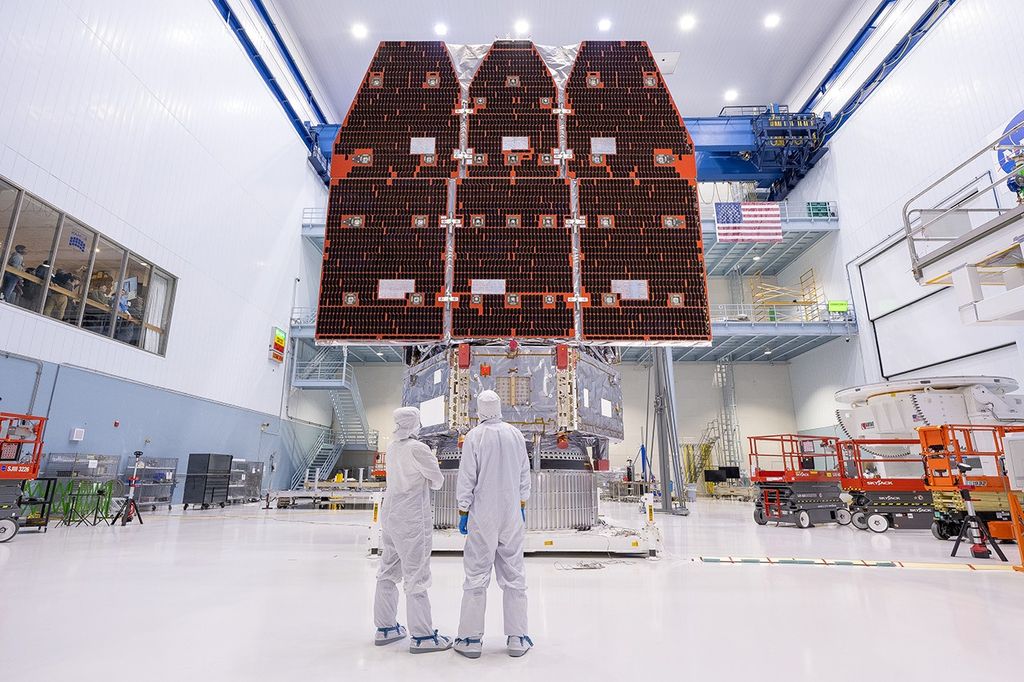
Keith Gaddis
Biodiversity and Eco Forecasting Program
Dr. Keith Gaddis is the program manager for the NASA Biological Diversity and Ecological Forecasting programs at NASA Headquarters. These programs advance the study of biological diversity in the air, on land, and in water using observations from satellites, airborne and seaborne platforms, and in situ surveys. These capabilities are then leveraged to build decision support tools that analyze and forecast ecosystem change and inform effective resource management of end users partnering with our programs.
Keith serves multiple roles supporting NASA satellite missions. He is the program manager and program applications lead for the ECOsystem Spaceborne Thermal Radiometer Experiment on Space Station (ECOSTRESS). ECOSTRESS uses hyperspectral thermal observations to improve understanding of biosphere responses to changes in water availability, impacts of diurnal vegetation water stress on the global carbon cycle, and mechanisms to reduce agricultural vulnerability through monitoring water consumptive use and drought estimation. Keith is also the program applications lead for the Geostationary Carbon Cycle Observatory (GeoCarb) and the Earth Surface Mineral Dust Source Investigation (EMIT). GeoCarb, scheduled for launch in 2024, will use a 4-Channel IR Scanning Littrow Spectrometer to observe vegetation health and stress and the processes that govern the carbon exchange of carbon dioxide, methane, and carbon monoxide between the land, atmosphere, and ocean across the Americas. EMIT, scheduled for launch in 2022, will use imaging spectroscopy in the visible and short-wave infrared to comprehensively measure the mineral composition of the Earth’s arid land dust source regions.
In addition to these roles, Keith is the program scientist for the NASA International Space Apps Challenge, the largest annual global hackathon. Space Apps serves as innovation incubation and civic engagement program for all NASA Science Mission Directorate. Keith represents NASA in interagency relationships with the Office of Science and Technology Policy and other executive branches (e.g., NSF, DOI, and EPA) and private organizations (e.g., Conservation International, World Wildlife Fund, National Geographic, and Microsoft). Keith is involved in several NASA efforts to open transparency and opportunity across NASA funded activities.
Keith received his bachelor’s degree from the University of Iowa, with a double major in Biology and Environmental Science. He completed his PhD in Biology at UCLA in the department of Ecology and Evolutionary Biology. He is a former AAAS Science and Technology Policy Fellow, visiting assistant professor at Texas A&M University, and Peace Corps volunteer in the Islamic Republic of Mauritania. Keith is an ecologist and biogeographer by training with expertise using remote sensing and genetics to address questions in ecology, evolution, and conservation biology. He has worked in ecosystems across Africa, South America, Europe, and North America examining how environmental disturbances have shaped natural history and determine future population viability. Keith is a vocal advocate for science communication and the use of science for public decision making.



























